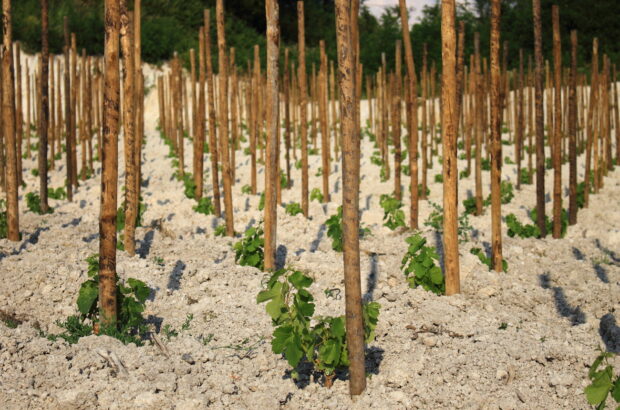Even without the prospect of US import tariffs, Champagne houses and growers face a difficult situation at the dawn of the new decade, said Vincent Perrin, general director of the Comité Champagne trade body.
Perrin said provisional numbers pointed to lower shipment volumes for Champagne in 2019 for the second consecutive year, despite a rise in the value of bottles shipped.
Volume versus value
Final figures won’t be released until March, but Perrin indicated that total Champagne shipments dropped by around 2% in volume last year. Based on 302 million bottles shipped in 2018, that would roughly amount to six million fewer bottles shipped in 2019.
Weaker demand in the traditional strongholds of France and the UK, and particularly among lower-priced supermarket orders, were a primary problem, said Perrin, speaking at the annual festival St Vincent de l’Archiconfrerie de la Champagne.
Total turnover from Champagne shipments was expected to come in slightly above five billion euros, which would indicate a year-on-year increase of 2%, Perrin said.
Stronger demand for prestige cuvée Champagnes versus weaker sales of non-vintage wines explained the dichotomy in volume and value figures.
Higher costs
Perrin said that the strong value performance did not make up for the significantly increased costs linked to entering new markets and establishing brand awareness abroad.
The extra vineyard investments required to meet the zero herbicide promise in 2025 have also added to the growers’ economic stress, he said.
Perrin drove home the point that Champagne needs to fight in 2020 and beyond to meet its ecological promises and increase its market share.
Investment
He said fraternity and solidarity between Champagne producers would help and he promised investment to help producers meet ecological targets and for marketing abroad.
‘We need these investments to create a new desirability for our product in the coming decades.’
Also recently published:
Champagne tariffs on ice? Macron and Trump call a truce







